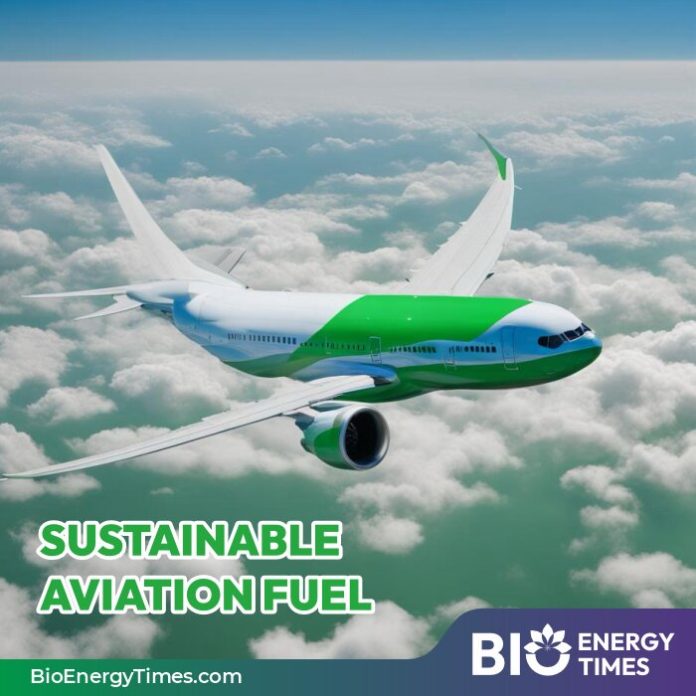The Australian Defence Force (ADF) has taken a step toward sustainability by launching a pilot program for sustainable aviation fuel (SAF) in partnership with Viva Energy Australia and UGL Limited. While specific details of the initiative remain undisclosed, the program aligns with the government’s broader goal of reducing military emissions to net zero by 2050, reports Defence Connect.
Defence Industry Minister Pat Conroy first announced the target in October, outlining plans to transition to alternative fuel sources and introduce renewable electricity across Defence operations.
SAFs, which are produced from renewable sources such as vegetable oils, animal fats, and waste materials, can be blended with conventional fuels to reduce carbon emissions. Commander Joint Logistics, Major General Carla Watts, emphasized the importance of ensuring a stable fuel supply for Defence, adding that domestic SAF production would strengthen Australia’s liquid fuel resilience and play a key role in integrating SAF into Defence supply chains.
The pilot program is based at RAAF Base East Sale, located 220 kilometres southeast of Melbourne. The base, home to 700 personnel, serves as a key training and operations hub for air traffic controllers and aircrew and houses No. 32 Squadron and the Roulettes aerobatic display team.
Australia’s push for SAF aligns with a global shift toward more sustainable aviation fuel production. In August, the owner of Toowoomba Wellcamp Airport announced plans to build Australia’s first fully integrated SAF production facility in Brisbane. The project, developed in partnership with Boeing, has secured $760,000 in Queensland government funding and is scheduled to begin construction in 2026. Using LanzaJet’s Alcohol-to-Jet (ATJ) technology, the facility aims to produce 102 million litres of ethanol-based SAF annually.
Similarly, Airbus is working with Qantas on the “Project Ulysses” SAF plant in northern Queensland and has previously advocated for a SAF blending mandate similar to those in the UK, US, Europe, and Japan.
Global defence manufacturers are also embracing SAF. Lockheed Martin recently approved the use of sustainable fuels blended up to 50% with conventional fuels for its F-35 fighter jets. Synthetic aviation turbine fuels (SATF), derived from both fossil-based and renewable sources like waste oils and agricultural residues, are also being explored as part of the industry’s transition to cleaner energy.
For detailed information and further insights, please refer to BioEnergyTimes.com, which provides the latest news about the Sustainable Aviation Fuel Industry














